Fine arts students’ views about environmental problems
Mots-clés :
Environment, environmental education, environmental problemsRésumé
The aim of this research was to specify Fine Arts students’ behaviors towards environmental problems and the affecting factors. 25 volunteer Fine Arts students participated in this study where a qualitative research model was used. A semi-structured interview form was used as a data collection tool. The findings obtained were analysed through descriptive and content analysis.
In the research it ws noted that the participants related environmental problems with human factor and added that they were fully aware of the main reasons for environmantal problems. While expressing their future vital future worriesw, the participants put forward several suggestions to do with environmental preservation. The results of this research indicated that the Fine Arts students had an average behavior level towards the environment.
Téléchargements
Références
Alt?n, M., Bacanl?, H., Y?ld?z, K. (2002). Biology teacher candidates' attitudes towards the environment. Presented at the V. National Science and Mathematics Congress, METU, Ankara.
Büyüköztürk, ?., Çakmak, K. E., Akgün,Ö. E., Karadeniz,?., Demirel, F. (2011). Scientific research methods. Ankara: Pegem Academy.
Çabuk, B., Karacao?lu, C. (2003). Investigation of environmental sensitivities of university students. Ankara University, Journal of Educational Sciences, 36(1),190–198.
Demirba?, M., Pekta?, H. M, (2009). The level of primary school students' realization of basic concepts related to environmental problem. Necatibey Education Faculty, Journal of Electronic Science and Mathematics Education 3(2), 195-211.
Kahyao?lu, M., Özgen, N. (2011). Evaluating the environmental attitudes of primary school students living in rural areas in terms of various variables and opinions about environmental problems. Cukurova University, Journal of Education Faculty, 40(3), 102-115.
Kuhlemeier, H., Bergh, H., Lagerweij, N. (1999). Environmental knowledge, attitudes, and behavior in Dutch secondary education. The Journal of Environmental Education, 30(2), 4-14.
Özer, U. (1991). Environmental philosophy within the relationships of humanity, environment, culture and economy. Man and the Environment Conference Proceedings,1, 318-321.
Özer, U. (1991). Environmental Education. Preliminary Symposium on Environmental Pollution in Turkey, 21-22. Istanbul.
Sad?k, F., Çakan, H., Artut, K. (2011). Analysis of environmental problems reflected in children's pictures according to socio-economic differences. Elementary Education Online, 10(3), 1066-1080.
Soran, H., Morgil, ?., Alev, E., I??k, S. (2000). Investigation of biology students' environmental issues and comparison with chemistry students. Hacettepe University, Journal of Education Faculty, 18, 128-139.
?im?ekli, Y. (2004). Sensitivity of primary schools to environmental education events for the development of environmental awareness. Uluda? University, Journal of Education Faculty, 17(1), 83-92.
Murzinova, K. E. A., Koblanova, A., & Ansabayeva, D. A. A. (2018). Prosodical means applied in communicative relations. Opción, 34(85-2), 61-96.?
Türnüklü, A. (2000). A Qualitative Research Technique to be Effectively Used in Educational Research: Interview. Theory and Practice in Education Management, 24, 543– 559.
Uluç?nar S. ?., Aslan, O., Cansaran, A. (2008). Investigation of Environmental Information and Environmental Attitudes of Primary School Students in Terms of Different Variables. Primary Education Online,7(2), 496–511.
Yard?mc?, E., Ba?c?-K?l?ç G. (2010). Environmental and environmental problems for children. Primary Education Online, 9(3), 1122-1136.
Wyrasti, A. F., Sa’dijah, C., As’ari, A. R., & Sulandra, I. M. (2019). The Misanalogical Construction of Undergraduate Students in Solving Cognitive Conflict Identification Task. International Electronic Journal of Mathematics Education, 14(1), 33-47.
Yalç?nkaya T., Çelikba? A. (2013). Solving of environmental problems of children. III International Geography Symposium-GEOMED, 619-625. Antalya.
Yang?n, S., Filik-??çen, C. (2013). Environmental education: Current situation and living problems (Example of University of Recep Tayyip Erdo?an and University of Eski?ehir Osmangazi). Journal of Social Science, 12(46), 131-150.
Y?lmaz, A., Morgil, ?., Aktu?, P., Göbekli, ?. (2002). Suggestions about environment, environment concepts and problems of secondary school and university students. Hacettepe Üniversitesi, Journal of Education Faculty, 22, 156-162.
Y?ld?r?m, A., ?im?ek, H. (2011). Qualitative research methods in the social sciences. Ankara: Sechkin Publishing.
Zare, H., & Zade, A. R. S. (2014). The Application of Tichy's Model In Iranian Public Universities, UCT Journal of Management and Accounting Studies, 2(1): 8-13.




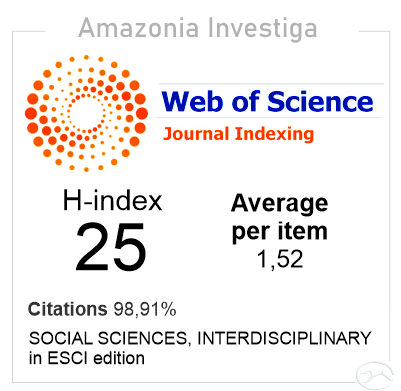







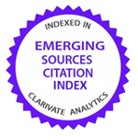
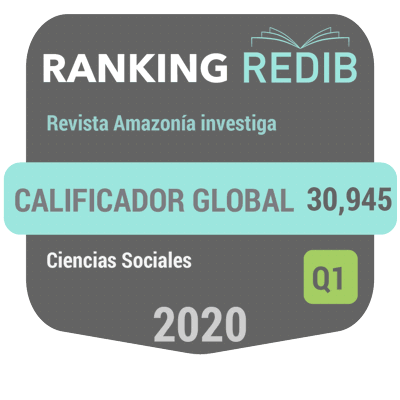









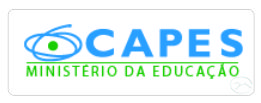























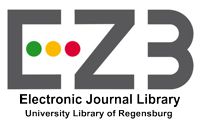





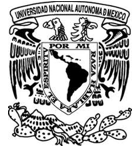











.gif)






